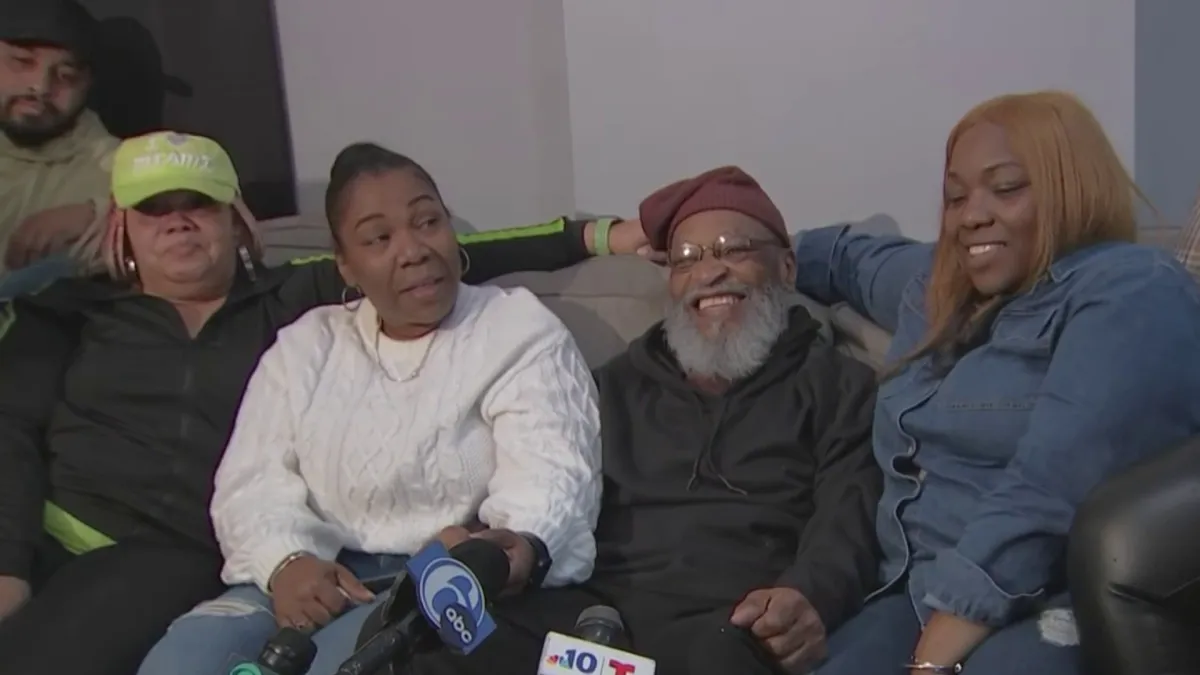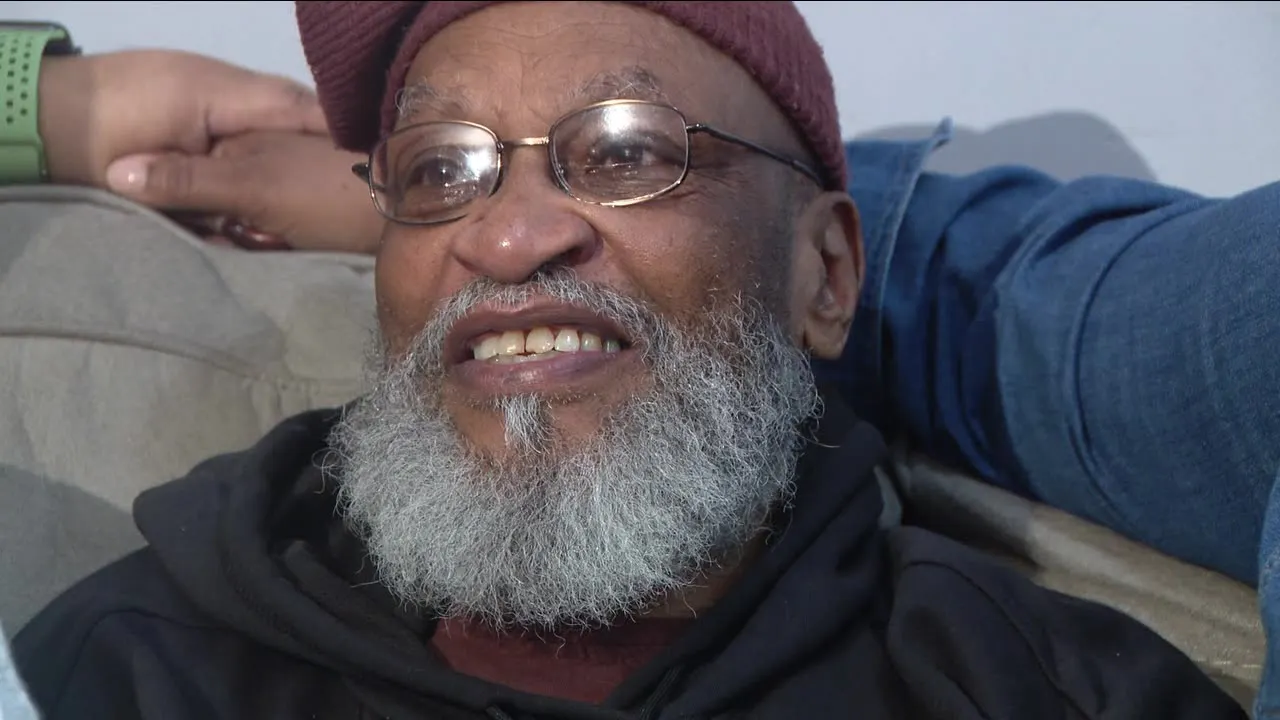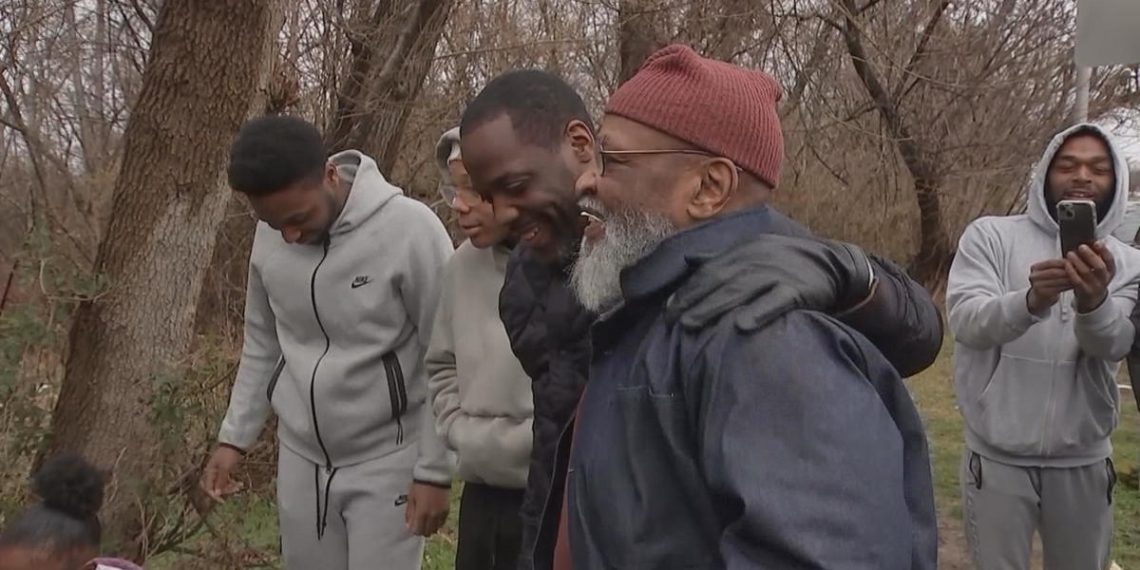William Franklin, after 44 years of imprisonment, awaits exoneration or retrial in Philadelphia. Convicted in 1980 on flawed testimony, his case symbolizes an era of coerced confessions and racial injustice in law enforcement.
District Attorney Larry Krasner’s efforts uncovered many wrongful convictions, yet Franklin’s case faces a new trial despite recanted evidence.
A former suspect in a high-crime era, Franklin’s release on March 5 came with hopes of vindication. Despite this, he remains under house arrest, relying on his faith and family for support. Franklin refrains from bitterness, acknowledging Krasner’s broader impact while navigating his own legal battle.

Franklin’s defense attorney, Joe Marrone, advocates for case dismissal, citing recanted testimonies and systemic corruption.
Philadelphia’s history of “testilying” and coerced confessions adds weight to Franklin’s exoneration. Despite progress in criminal justice reform, abuses persist, reflecting broader societal anxieties.
The case reflects a broader shift in prosecutorial attitudes, with progressive prosecutors like Krasner challenging past injustices.
However, entrenched fears about crime hinder systemic change. Franklin’s ordeal underscores the long road to rectifying historical wrongs.
Convicted alongside Major Tillery for a 1976 murder, Franklin’s innocence became apparent when key witnesses recanted.

Emmanuel Claitt’s confession, implicating police coercion and bribery, further undermines Franklin’s conviction. Judge Tracy Brandeis-Roman’s decision to overturn Franklin’s verdict underscores the gravity of systemic failures.
Matthew Barry Johnson, a criminal justice professor, highlights systemic flaws and persistent challenges. Despite advances like DNA evidence, entrenched biases impede justice reform efforts. Franklin’s case represents a call for transparency and accountability within the criminal justice system.
As Franklin awaits legal resolution, his story echoes the struggles of many wrongfully convicted individuals. Defense attorney Marrone continues to advocate for justice, shedding light on systemic abuses. Franklin’s exoneration represents a crucial step toward rectifying historical injustices.





